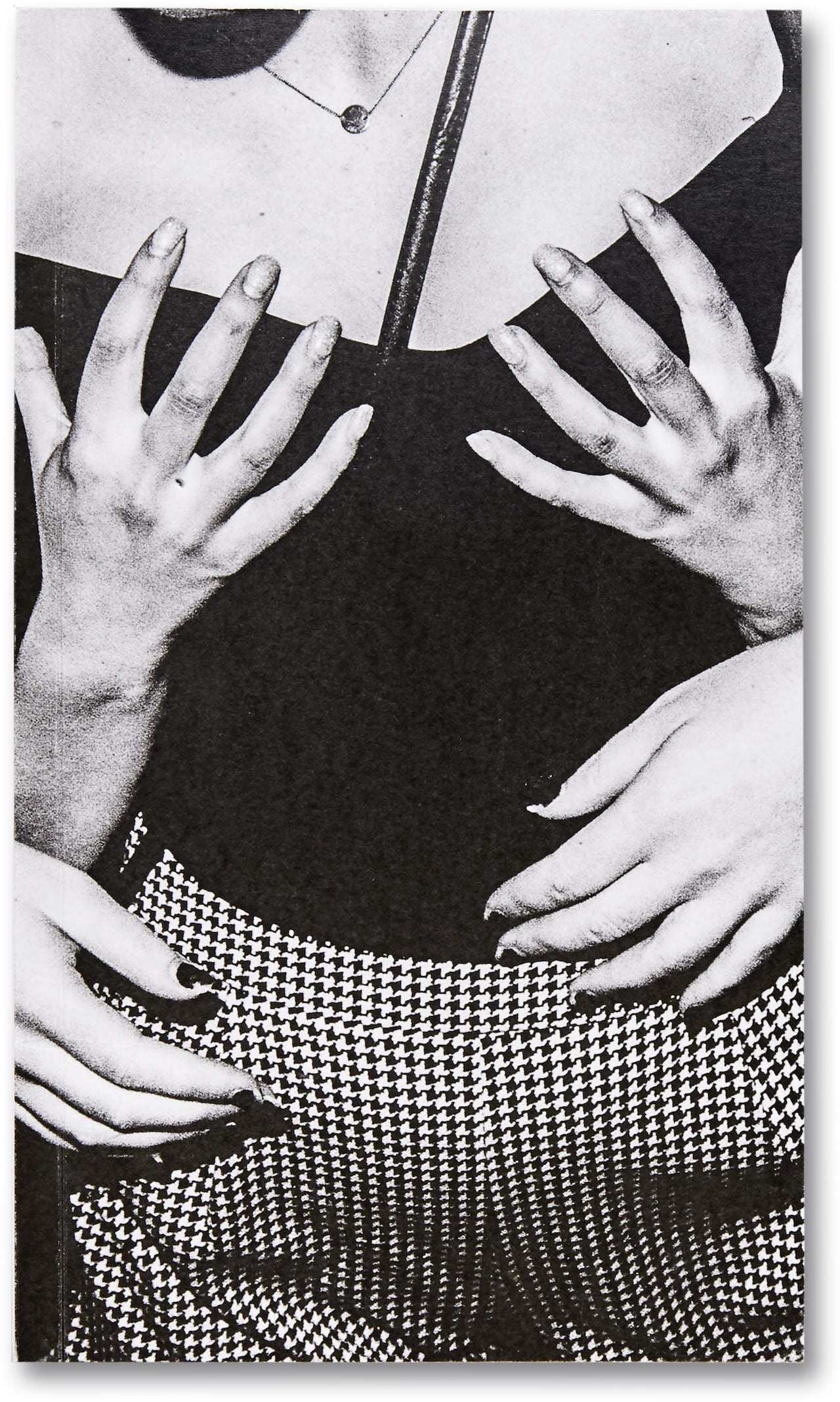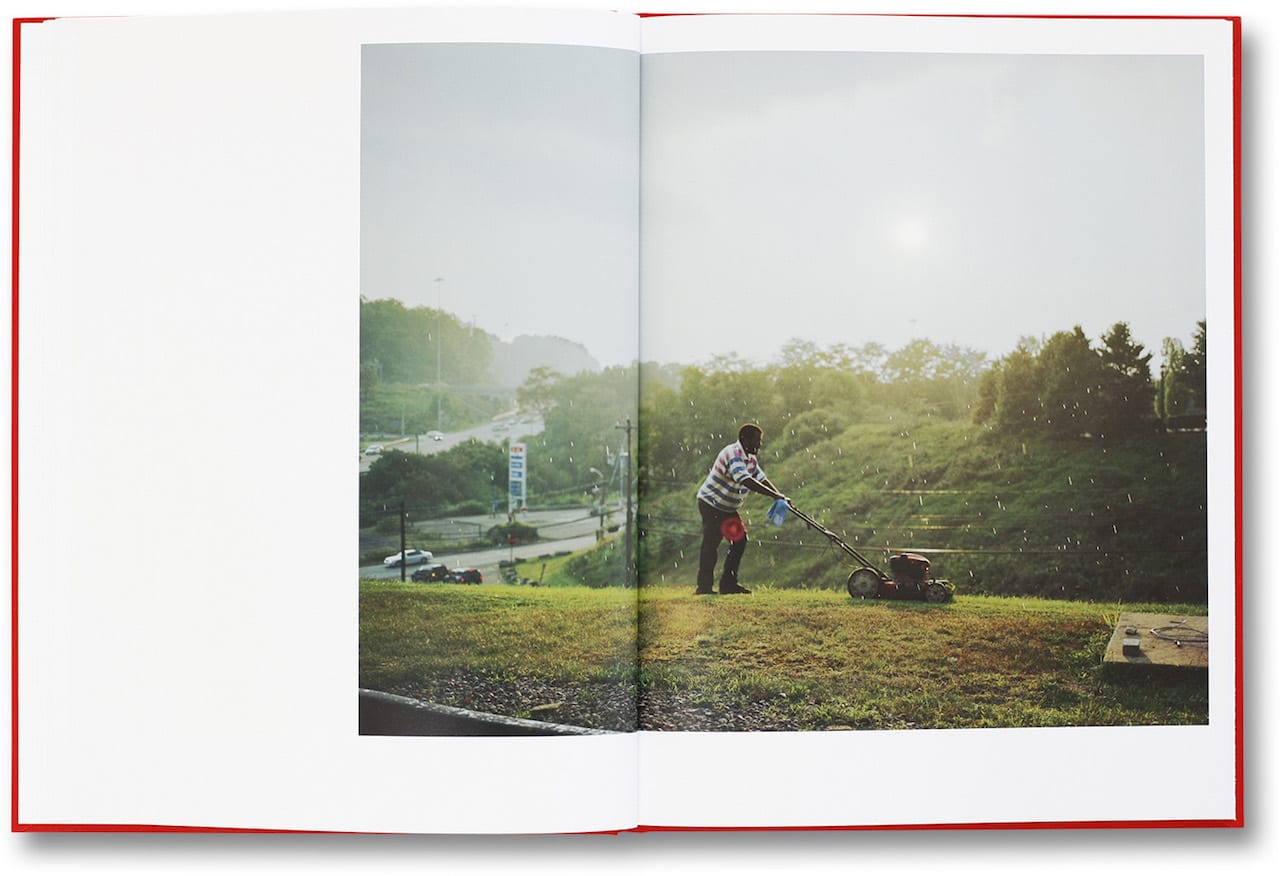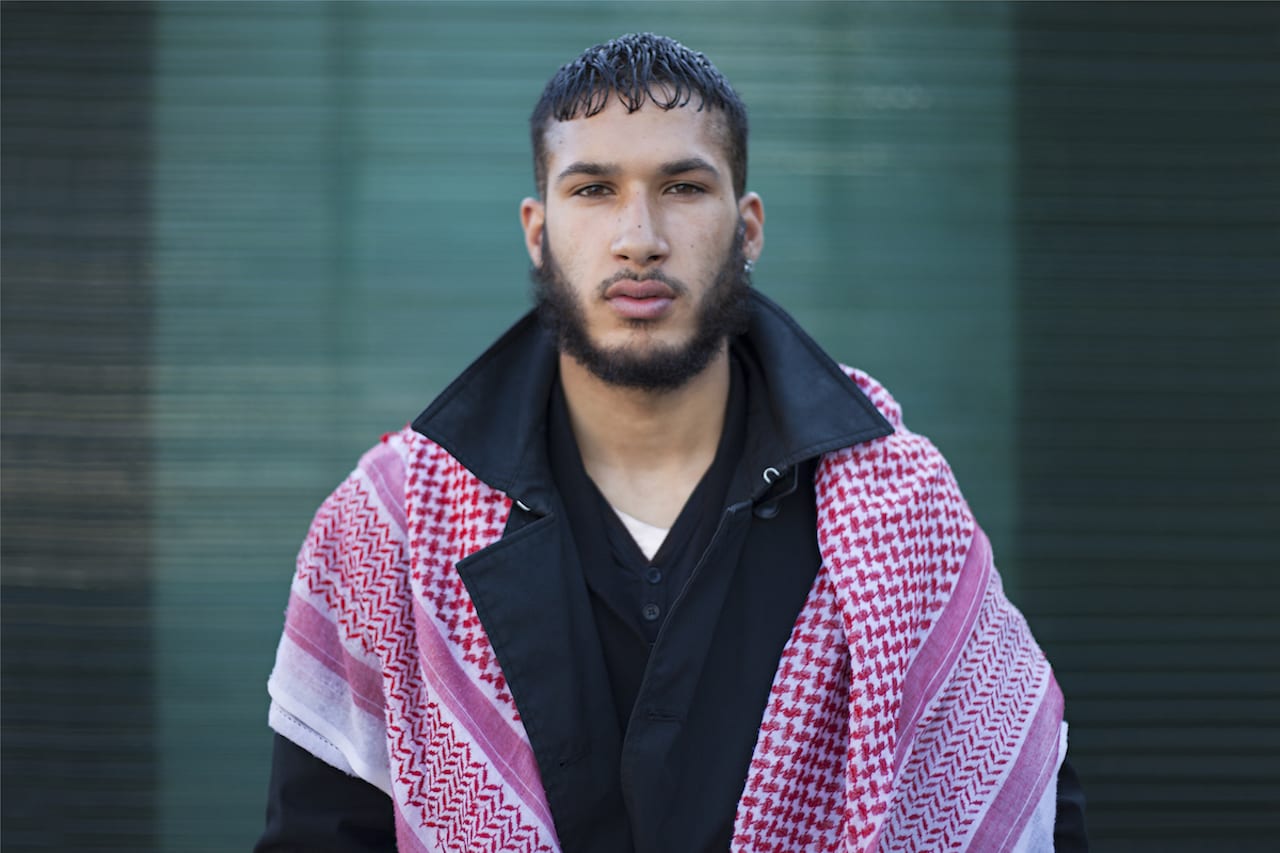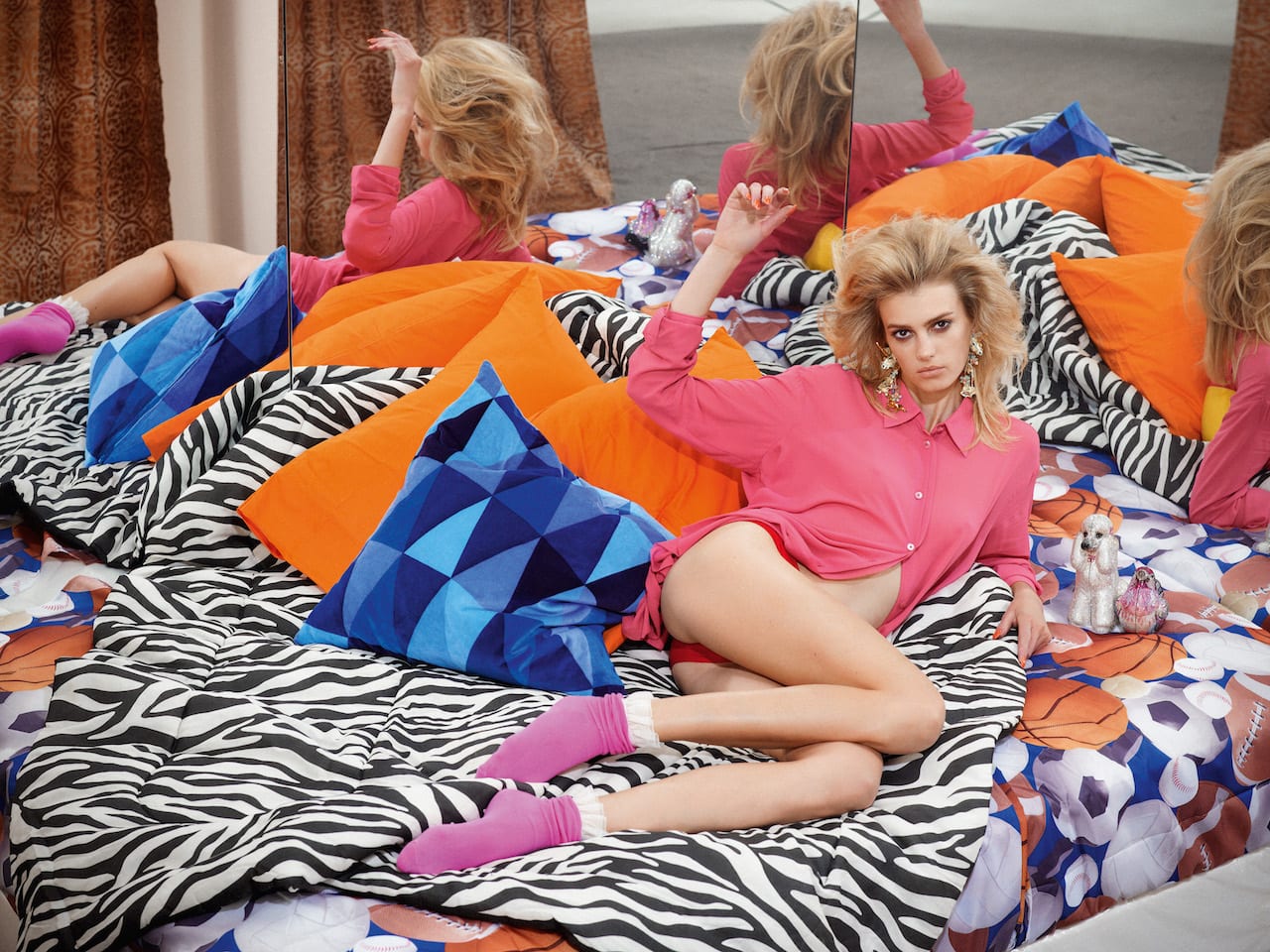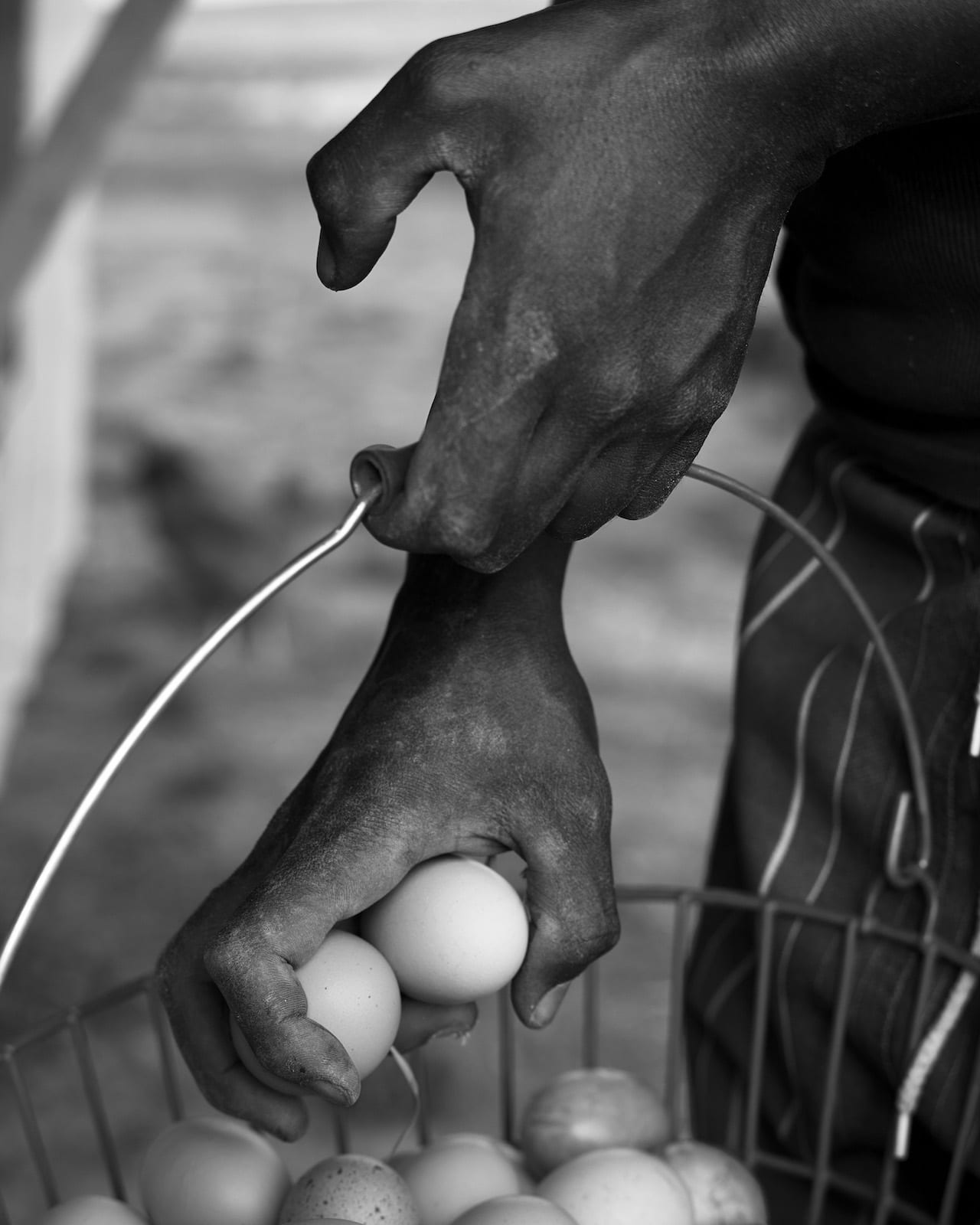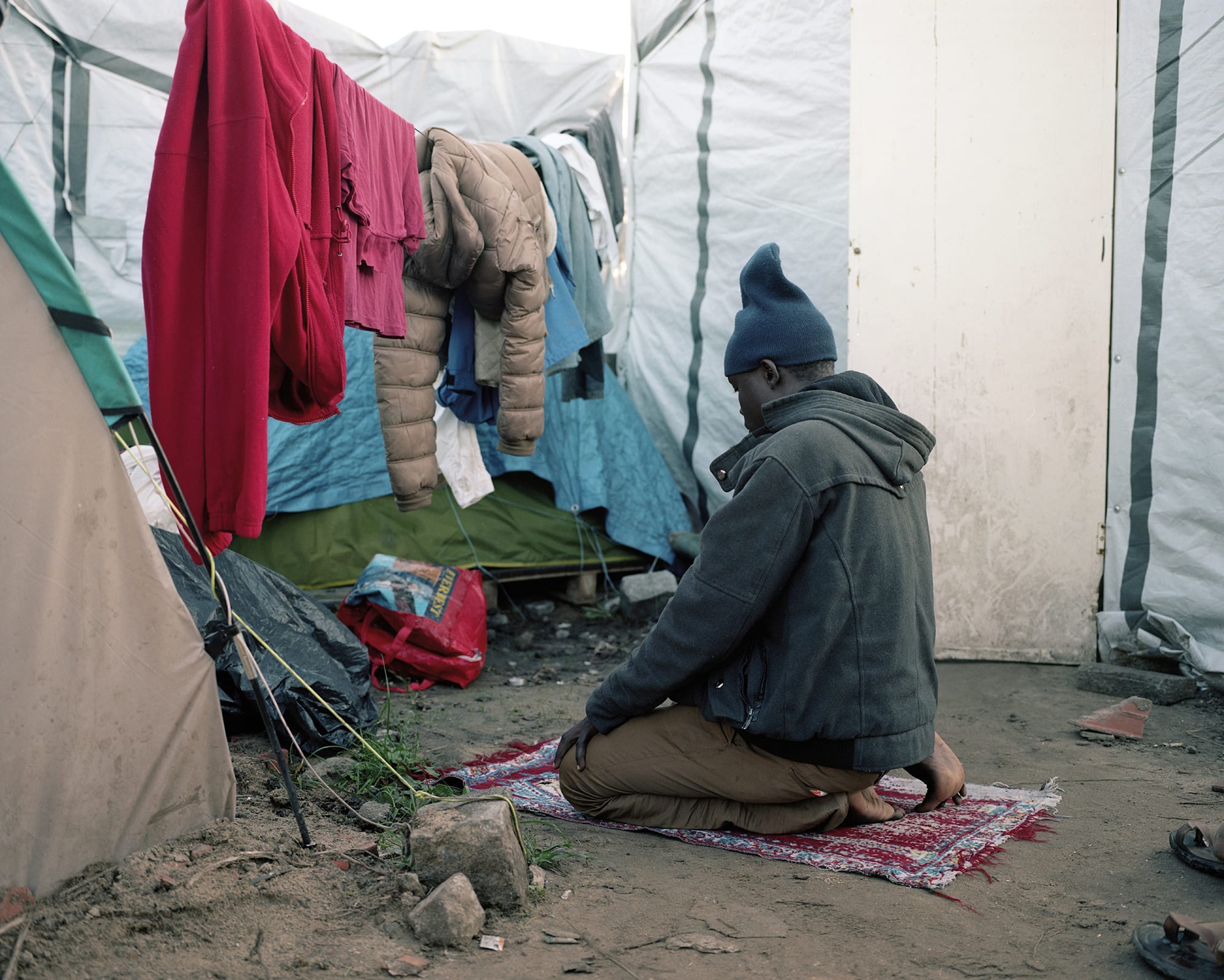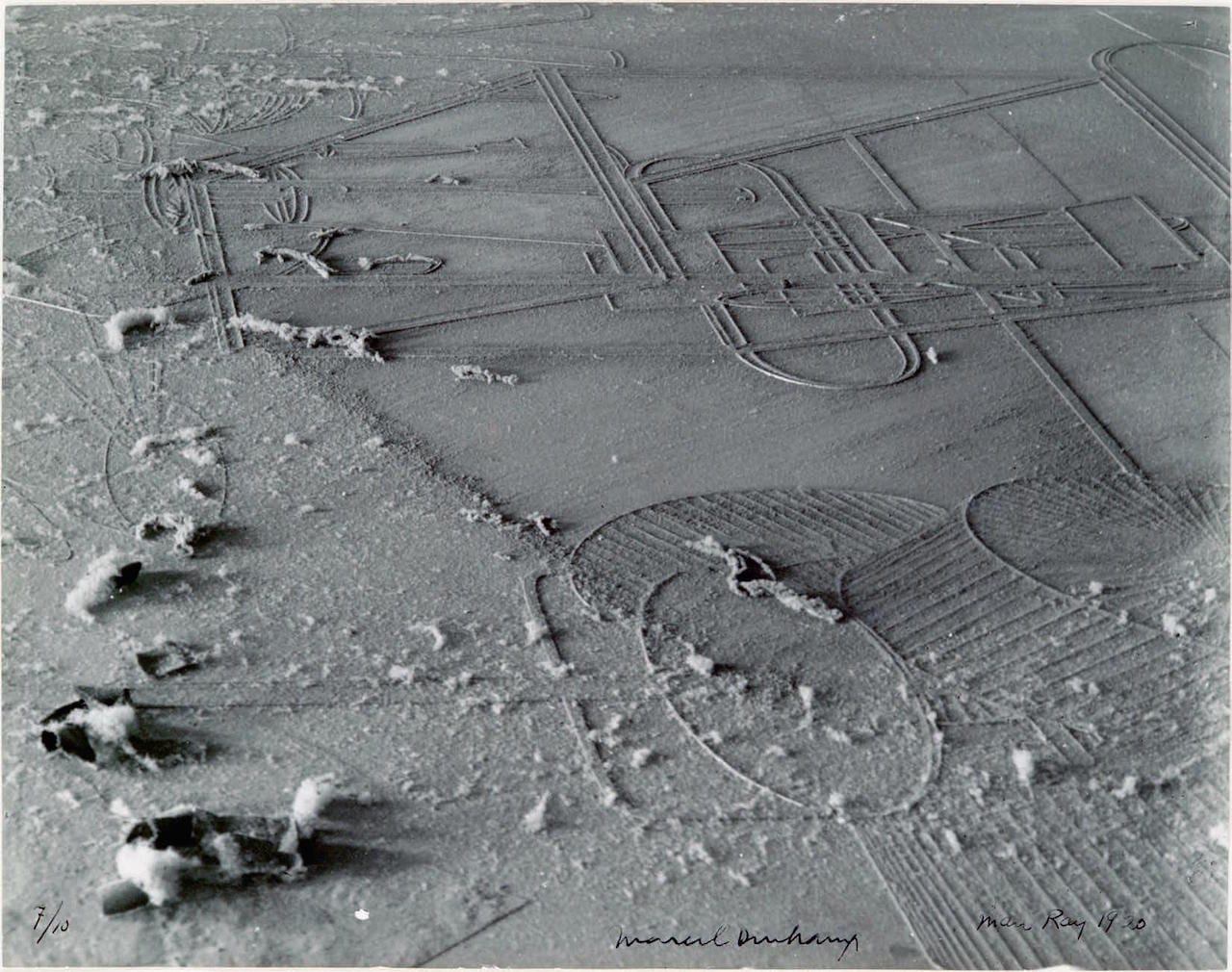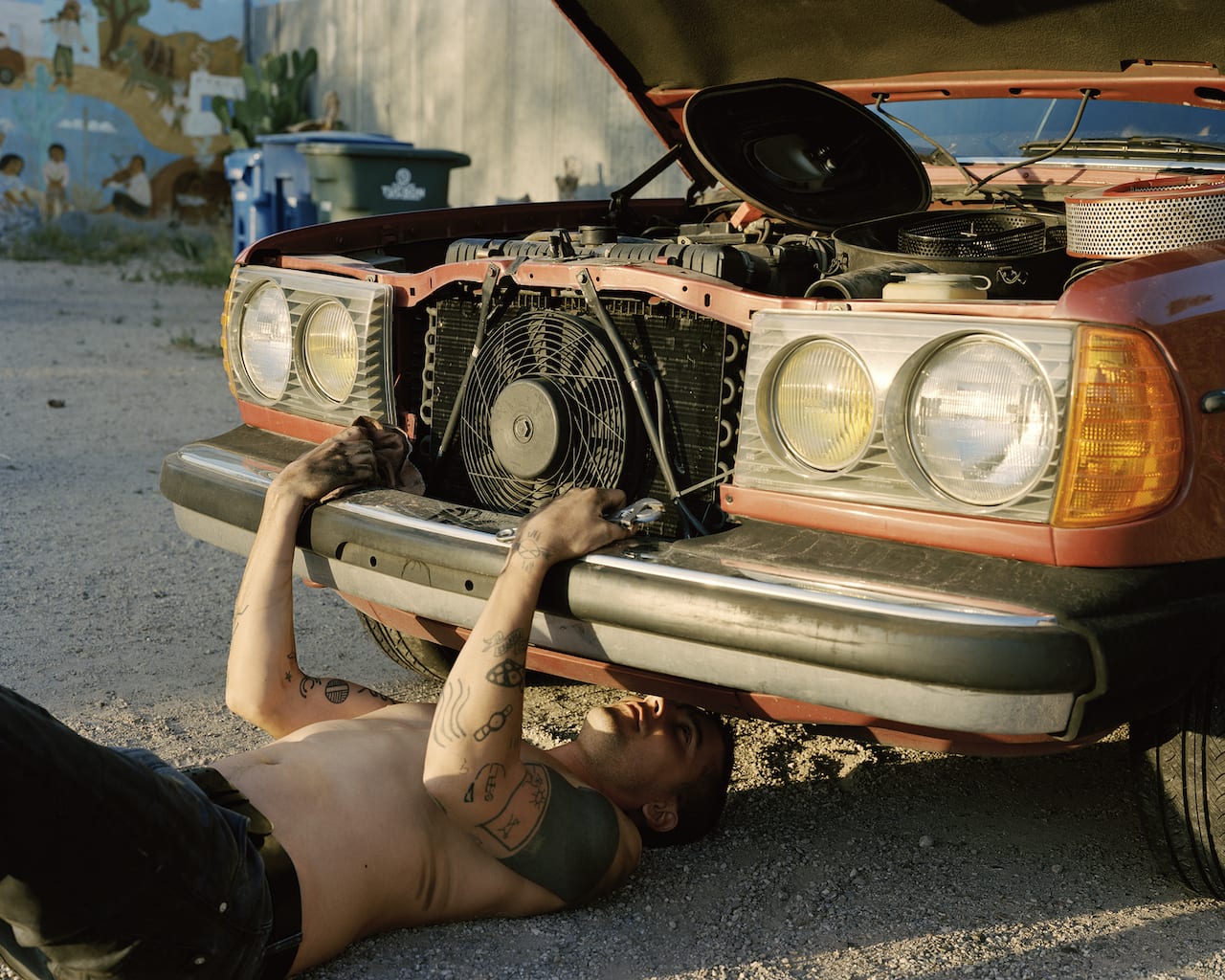From mass shootings to a family hotel – the shortlist for the 2018 First Book Award is nothing if not eclectic. Set up in 2012 to support emerging talent, the First Book Award is open to previously unpublished photographers who have been nominated by an international panel of experts, and previous winners include Irish photographer Ciarán Óg Arnold, Polish photographer Joanna Piotrowska, and Malagasy photographer Emmanuelle Andrianjafy. The ten shortlisted photographers this year come from all over the world, including Indian photographer Tenzing Dapka, Japanese photographer Hayahisa Tomiyasu, and Australian photographer Lionel Kiernan.
